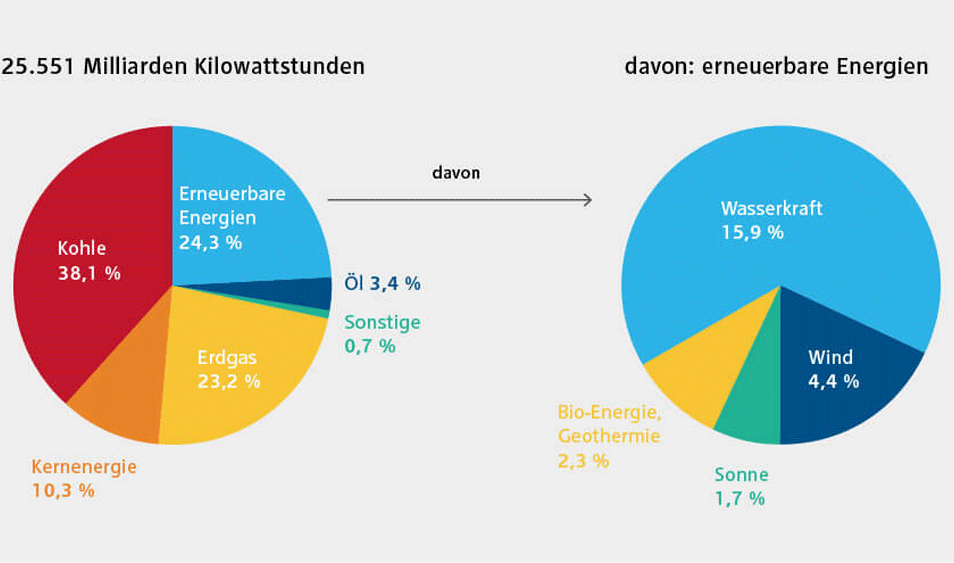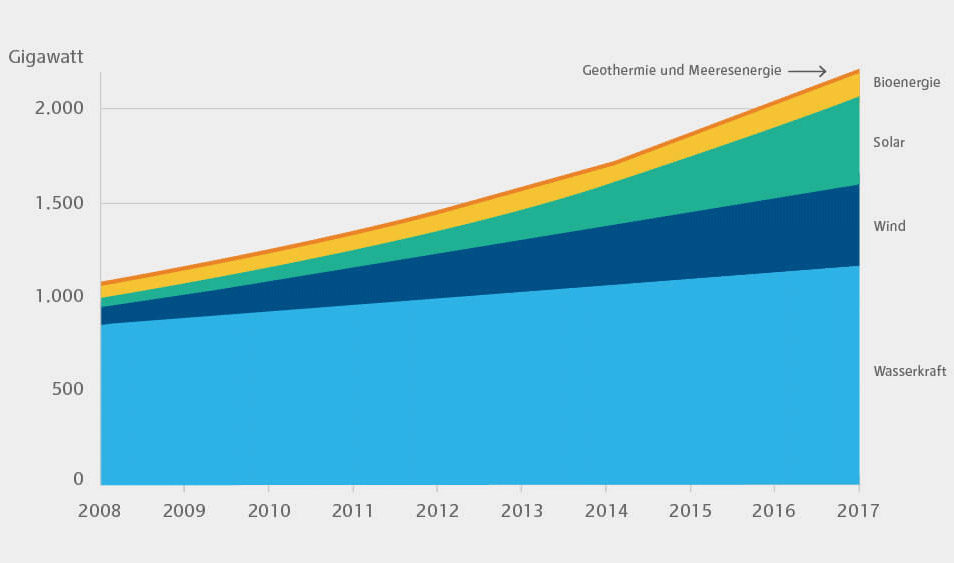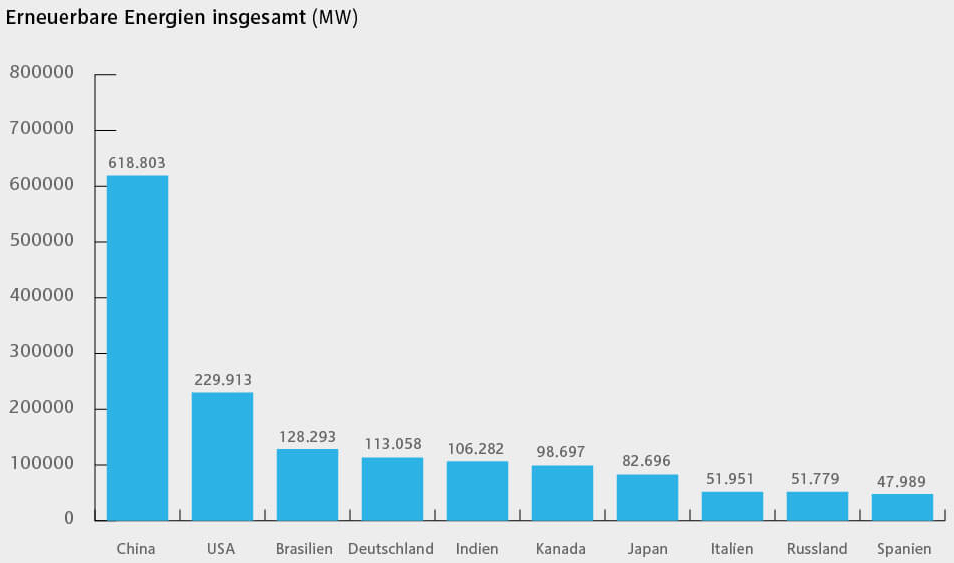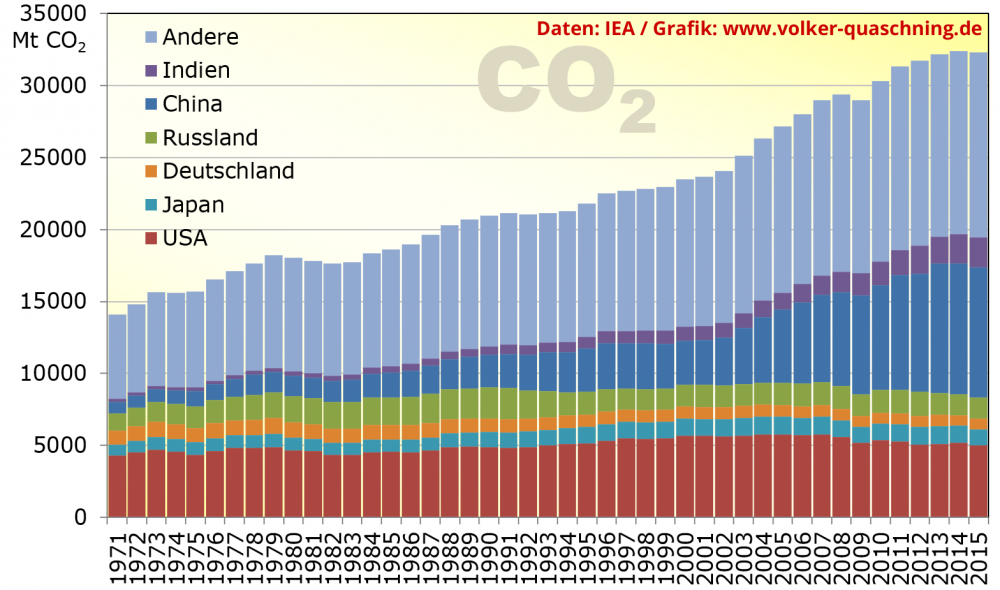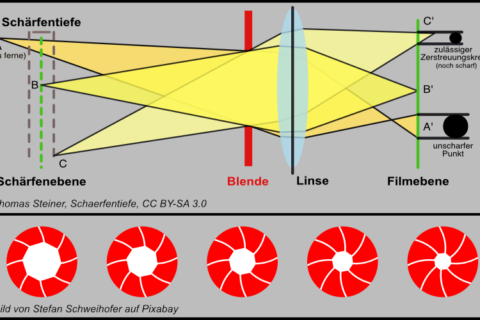Liegt in den Schweizer Alpen und ist vermutlich so schön, wie nur wenige Orte schön sein können. Einmal im Jahr treffen sich hier die einflussreichsten Personen aus Politik, Wirtschaft und Kultur zum Jahrestreffen des Weltwirtschaftsforum (World Economic Forum, kurz WEF).
Das diesjährige 50. Jahrestreffen stand unter dem Motto: «Stakeholders for a Cohesive and Sustainable World»/ «Akteure für eine kohärente und nachhaltige Welt» – zum 2. Mal dabei Greta Tunberg.
Idee des Weltwirtschaftsforums
Das Forum wurde 1971 von Klaus Schwab als gemeinnützige Stiftung gegründet und hat seit 2015 offiziell den Status einer internationalen Organisation. Die Mission des Weltwirtschaftsforums lautet nach eigenen Angaben wie folgt:
The World Economic Forum is the International Organization for Public-Private Cooperation.
The Forum engages the foremost political, business, cultural and other leaders of society to shape global, regional and industry agendas.Mission des Weltwirtschaftsforums, Quelle: weforum.org
Empfehlenswert ist ein Film über das Treffen im letzten Jahr. Es ermöglicht einen Blick hinter die Kulissen und gibt einen guten Eindruck vom Treffen und der Kommunikation der Teilnehmer untereinander.
Rede von Greta Tunberg
Die erneute Einladung von Greta Thunberg unterstreicht die Bedeutung der von ihr initiierten Bewegung Fridays for Future. Anbei die Rede als Video und als Textversion (mit Lesen ist man doch meistens schneller):
Video
Text (Abweichungen möglich)
GRETA THUNBERG: One year ago, I came to Davos and told you that our house is on fire. I said I wanted you to panic. I’ve been warned that telling people to panic about the climate crisis is a very dangerous thing to do. But don’t worry. It’s fine. Trust me. I’ve done this before. And I can assure you: It doesn’t lead to anything.
And for the record, when we children tell you to panic, we’re not telling you to go on like before. We’re not telling you to rely on technologies that don’t even exist today at scale and that science says perhaps never will. We are not telling you to keep talking about reaching net zero emissions or carbon neutrality by cheating and fiddling around with numbers. We’re not telling you to offset your emissions by just paying someone else to plant trees in places like Africa, while at the same time forests like the Amazon are being slaughtered at an infinitely higher rate. Planting trees is good, of course, but it’s nowhere near enough of what is needed, and it cannot replace real mitigation and rewilding nature.
And let’s be clear: We don’t need a low-carbon economy. We don’t need to lower emissions. Our emissions have to stop, if we are to have a chance to stay below the 1.5-degree target. And until we have the technologies that at scale can put our emissions to minus, then we must forget about net zero. We need real zero, because distant net-zero emission targets will mean absolutely nothing if we just continue to ignore the carbon dioxide budget that applies for today, not distant future dates. If high emissions continue like now even for a few years, that remaining budget will soon be completely used up.
The fact that the U.S.A. is leaving the Paris accord seemed to outrage and worry everyone. And it should. But the fact that we are all about to fail the commitments you signed up for in the Paris Agreement doesn’t seem to bother the people in power even the least. Any plan or policy of yours that doesn’t include radical emission cuts at the source starting today is completely insufficient for meeting the 1.5- or well below 2-degree commitments of the Paris Agreement.
And again, this is not about right or left. We couldn’t care less about your party politics. From a sustainability perspective, the right, the left, as well as the center, have all failed. No political ideology or economic structure has been able to tackle the climate and environmental emergency and create a cohesive and sustainable world, because that world, in case you haven’t noticed, is currently on fire.
You say children shouldn’t worry. You say, “Just leave this to us. We will fix this. We promise we won’t let you down. Don’t be so pessimistic.” And then nothing. Silence. Or something worse than silence: empty words and promises which give the impression that sufficient action is being taken.
All the solutions are obviously not available within today’s societies, nor do we have the time to wait for new technological solutions to become available to start drastically reducing our emissions. So, of course, the transition isn’t going to be easy. It will be hard. And unless we start facing this now, together, with all cards on the table, we won’t be able to solve this in time.
In the days running up to the 50th anniversary of the World Economic Forum, I joined a group of climate activists demanding that you, the world’s most powerful and influential business and political leaders, begin to take the action needed. We demand, at this year’s World Economic Forum, participants from all companies, banks, institutions and governments immediately halt all investments in fossil fuel exploration and extraction, immediately end all fossil fuel subsidies and immediately and completely divest from fossil fuels. We don’t want these things done by 2050 or 2030 or even 2021; we want this done now.
It may seem like we are asking for a lot, and you will of course say that we are naive. But this is just the very minimum amount of effort that is needed to start the rapid sustainable transition. So, either you do this, or you’re going to have to explain to your children why you are giving up on the 1.5-degree target — giving up without even trying.
Well, I’m here to tell you that, unlike you, my generation will not give up without a fight. The facts are clear, but they are still too uncomfortable for you to address. You just leave it, because you just think it’s too depressing and people will give up. But people will not give up. You are the ones who are giving up. Last week, I met with Polish coal miners who lost their jobs because their mine was closed. And even they had not given up. On the contrary, they seem to understand the fact that we need to change more than you do.
I wonder: What will you tell your children was the reason to fail and leave them facing a climate chaos that you knowingly brought upon them? That it seemed so bad for the economy that we decided to resign the idea of securing future living conditions without even trying?
Our house is still on fire. Your inaction is fueling the flames by the hour. And we are telling you to act as if you loved your children above all else. Thank you.Rede von Greta Thunberg auf dem 50. Jahrestreffen des Weltwirtschaftsforums, Quelle: www.democracynow.org
Der entscheidende Satz
Der entscheidende Satz für mich war die Forderung, sofort auf die Erkundung und Nutzung fossiler Brennstoffe zu verzichten. Ich mache es mir mal einfach und nehme einfach https://translate.google.com
In the days running up to the 50th anniversary of the World Economic Forum, I joined a group of climate activists demanding that you, the world’s most powerful and influential business and political leaders, begin to take the action needed. We demand, at this year’s World Economic Forum, participants from all companies, banks, institutions and governments immediately halt all investments in fossil fuel exploration and extraction, immediately end all fossil fuel subsidies and immediately and completely divest from fossil fuels. We don’t want these things done by 2050 or 2030 or even 2021; we want this done now.
Rede von Greta Thunberg auf dem 50. Jahrestreffen des Weltwirtschaftsforums, Quelle: www.democracynow.org
In den Tagen vor dem 50. Jahrestag des Weltwirtschaftsforums schloss ich mich einer Gruppe von Klimaaktivisten an, die forderten, dass Sie, die mächtigsten und einflussreichsten Geschäfts- und Politikführer der Welt, die erforderlichen Maßnahmen ergreifen. Wir fordern auf dem diesjährigen World Economic Forum, dass Teilnehmer aller Unternehmen, Banken, Institutionen und Regierungen sofort alle Investitionen in die Erkundung und Gewinnung fossiler Brennstoffe einstellen, alle Subventionen für fossile Brennstoffe sofort beenden und sich sofort und vollständig von fossilen Brennstoffen trennen. Wir wollen nicht, dass diese Dinge bis 2050 oder 2030 oder sogar 2021 erledigt werden; wir wollen das jetzt erledigen.
Rede von Greta Thunberg auf dem 50. Jahrestreffen des Weltwirtschaftsforums, Quelle: www.democracynow.org
Anbei ein paar Zahlen zur gegenwärtiger Nutzung erneuerbarer Energien weltweit:
Derzeit wird knapp ein Viertel der Energie aus erneuerbaren Energieträgern gewonnen. Wenn man die Kernenergie hinzuzählt, entfällt reichlich ein Drittel auf nicht CO2 emittierenden Energieträgern. Die Forderung eines sofortigen Verzichtes der Nutzung fossiler Brennstoffe kann also nicht anders verstanden werden, als das Unmögliche zu fordern, um das Mögliche zu erreichen.
Drei Szenarien
Laut International Energy Agency (IEA) werden derzeit drei Szenarien für den Zeitraum bis 2040 betrachtet, die da heißen:
- Current Policies Szenario – veranschaulicht die Folgen einer Fortführung des aktuellen Kurs ohne weitere Politikänderungen (und führt zu einer Steigerung des jährlichen Energieverbrauches um 1,3% mit einer ungebremsten Zunahme der CO2 – Emissionen)
- Stated Policies Scenario – berücksichtigt bestehenden Maßnahmen und Ziele (und führt zu einer Steigerung des jährlichen Energieverbrauches um 1,0% wobei mehr als die Hälfte des Zuwachses durch CO2-arme Energiequellen realisiert werden. Bei diesem Szenario verlangsamt sich die Zunahme der CO2 Emissionen, wobei der Scheitelpunkt nicht vor 2040 erreicht wird. )
- Sustainable Development Scenario – zeigt, wie nachhaltige Energieziele erreicht werden können, die mit dem Pariser Klimaabkommen übereinstimmen.
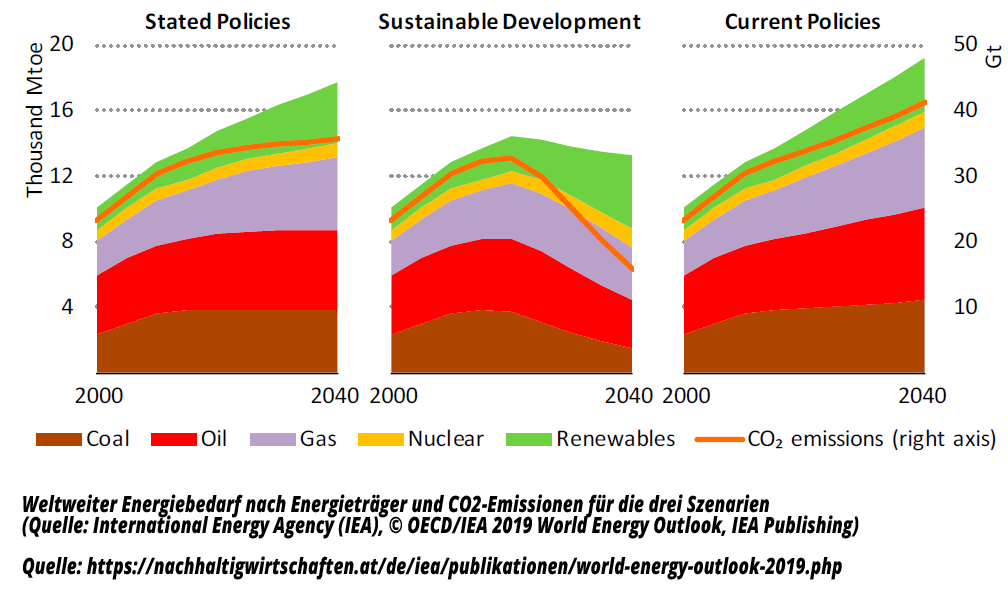
In allen drei Szenarien wird von einer weiteren Nutzung von fossilen Brennstoffen und Kernenergie ausgegangen. Das Sustainable Development Scenario geht von einer stärkeren Nutzung erneuerbarer Energien sowie der Kernenergie bei Steigerung der Energieeffizienz aus.
Quellen:
Rede von Greta Thunberg als Video und als Text
Bilanz des weltweiten Ausbaus der erneuerbaren Energien,
www.en-former.com/bilanz-des-weltweiten-ausbaus-der-erneuerbaren-energien
International Energy Outlook 2019,
https://nachhaltigwirtschaften.at/de/iea/publikationen/world-energy-outlook-2019.php


